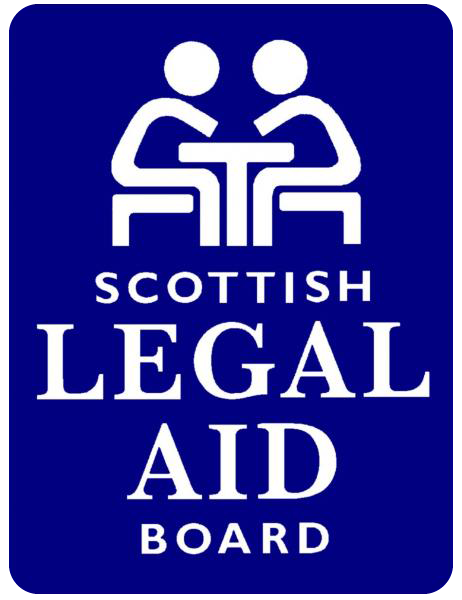The Scottish Government has published the findings from the Evaluation of the Impact of Bail Reforms on Summary Justice Reform.
The research formed part of a wider package of work to evaluate Summary Justice Reform (SJR) in Scotland as a whole. The aim of the research was to evaluate how far the reforms to bail had met both their specific policy objectives, as well as how far they had contributed to the overarching aims and objectives of SJR.
The research has shown that there have been fewer bail orders granted over time. This may reflect wider summary justice system changes as well as a drop in court workloads per se. Convictions for breach have increased overall, contrary to the aim of the reforms to reduce breach. This perhaps suggests that bail is not being taken seriously by accused, though it may also reflect a tougher approach to breach on the part of justice professionals. There has, however, been some reduction in failure to appear in summary courts, though it is unclear if this numerical drop represents a proportional drop.
Many repeat attendees at court were familiar with bail conditions and the consequences of breach, however, the current system of providing ‘ordinary language’ explanations in court does not seem to be offering the level of clarity required for those who have not had previous involvement in the court system. These accused welcomed the prospect of more targeted information, which may also make the system more efficient and effective. This information seems to be required on the system as a whole, not just on bail.
Overall, while almost all of those interviewed viewed the current system of bail as fair, they questioned its effectiveness, especially in terms of deterring future breach amongst repeat offenders.



